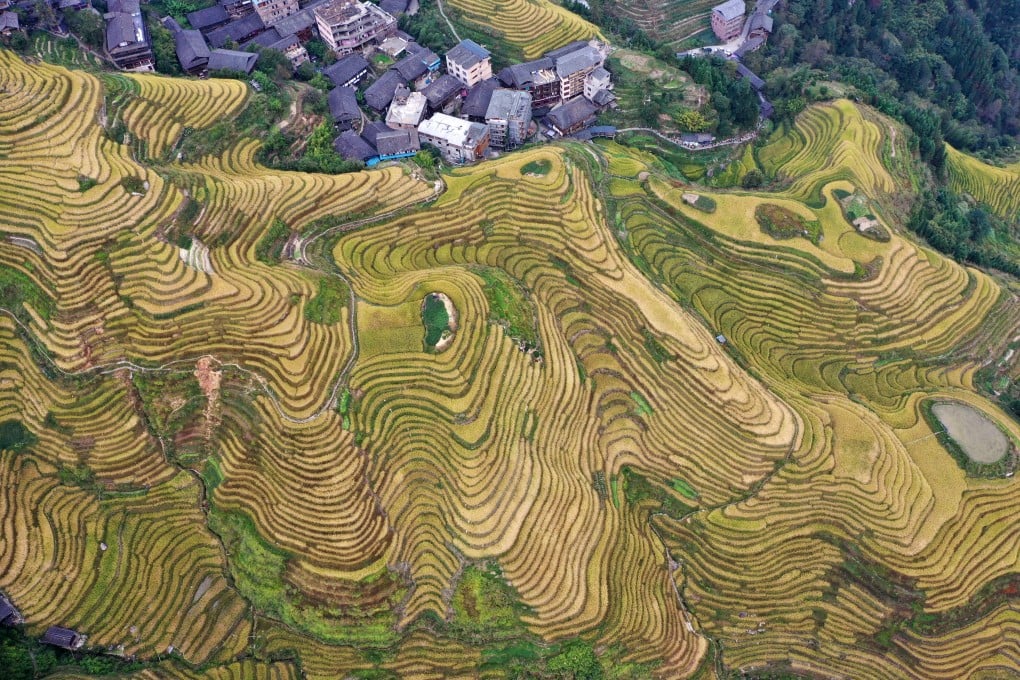Opinion | How China can dominate the future of plant-based meat production
- The growth of plant-based meat presents a great opportunity for crop producers in Asia, especially China. A shift away from industrial animal agriculture could also help the country combat the threat of climate change

Plant-based meat, made primarily from soy and wheat, has existed in China for centuries, mostly catering to Buddhists who seek to avoid eating animals. But, increasingly, brands are diversifying their recipes by incorporating new ingredients and flavours to create products aimed squarely at meat eaters, not vegetarians.
This 2.0 version of plant-based meat is designed to replicate the taste, texture and appearance of animal meat, and consumers can’t get enough.
Even during a year when the global food system is under extraordinary strain and uncertainty, Asia-Pacific-based companies focused on alternative proteins like plant-based meat have raised more than US$230 million in funding to accelerate their growth. This presents an enormous opportunity for agricultural powerhouses like China.
In a groundbreaking new report that I helped author for The Good Food Institute Asia Pacific, titled “Asian Cropportunities: Supplying Raw Materials for Plant-Based Meat”, my colleagues and I outline how rising fears of animal-borne diseases and demand for natural products – both of which have accelerated amid Covid-19 – stand to disproportionately benefit farmers and producers of certain crops in the Asia-Pacific region, and China in particular.

02:26
New meat: Hongkongers embrace vegetarian pork alternative
This shift away from industrial animal agriculture also has the potential to help the nation combat the threat of climate change by transitioning towards more sustainable forms of food production.

